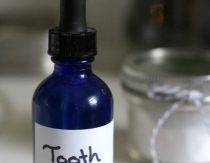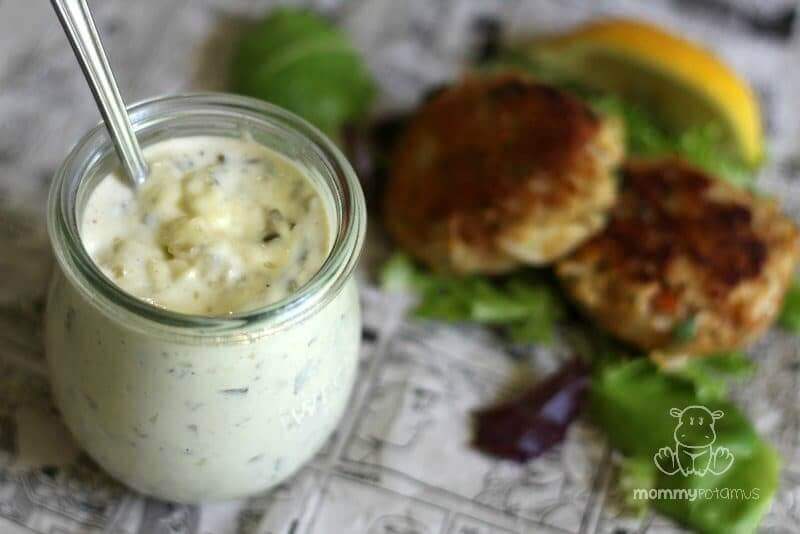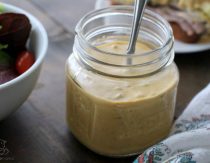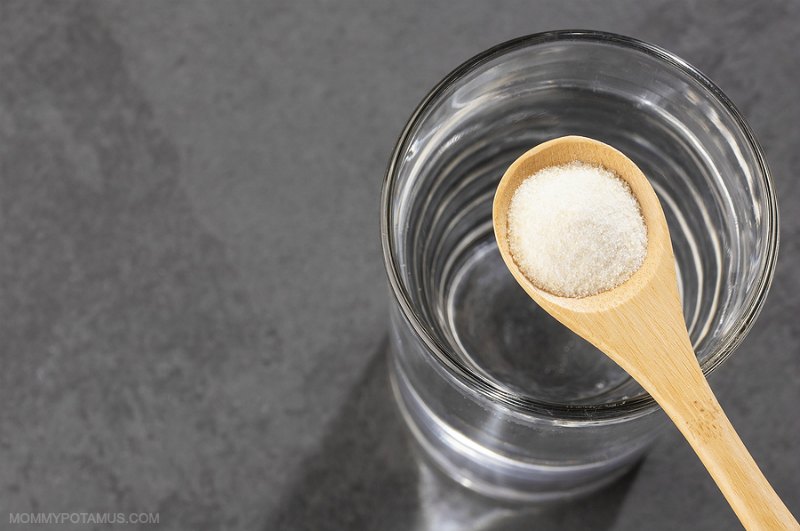
So, awhile back I posted my Copycat Orange Julius recipe and mentioned in passing that I added my new favorite collagen to the mix. You were like “Oh yum, NOW TELL ME WHY YOU SWITCHED COLLAGEN BRANDS.”
Okay, I can take a hint, especially when it comes via multiple comments, messages to my inbox, copious amounts of exclamation points, and skywriting. And I totally get the questions, because who doesn’t love a protein powder that studies suggest may improve skin elasticity, support gut health and improve sleep, among many other things?
So today I’m going to tell you which brands I prefer and why, plus how to use them.
First, though, I want to remind you that none of these statements have been evaluated by the FDA, this article is not medical advice, and it is not meant to diagnose or treat any condition. As always, please talk with your healthcare provider about any supplements you are considering. Now that we’ve got that out of the way, let’s dive in.
What is collagen?
Collagen is the most abundant protein in our bodies – it’s often referred to as the scaffolding for our skin, bones, cartilage, ligaments, blood vessels and more. A lot of research has been done on the benefits of collagen for skin, sleep, mood, joint health, muscle mass, gut health, wound healing, bone density and cardiovascular health, which you can read more about here.
Unfortunately we make less collagen as we get older, which is why many people opt to consume it in supplement form.
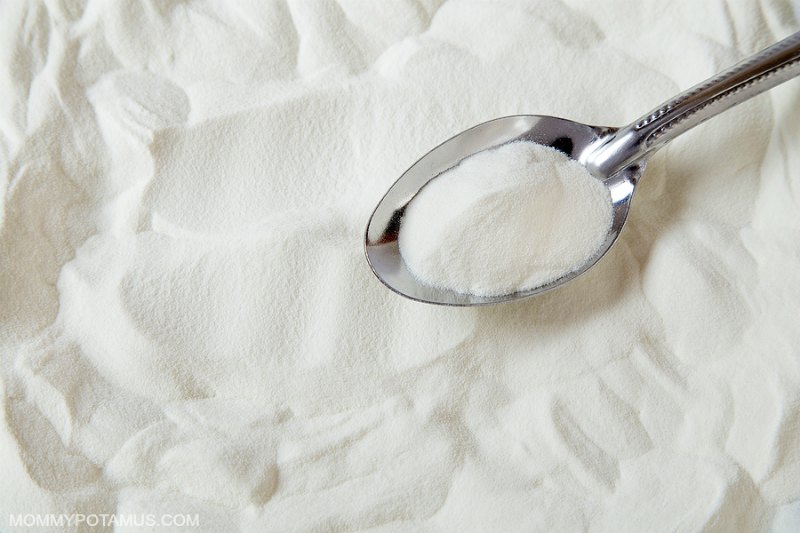
What are the different types of collagen?
There are at least sixteen types of collagen in our bodies, but most of it (80-90%) is either Type I, Type II, or Type III.
- Type I and III– These two types are helpful for supporting skin elasticity and hydration, and they also provide structure to bones, tendons, connective tissue, fibrous cartilage, teeth, muscles, organs and arteries.
- Type II – This type is more commonly used for joint support. It’s not as common but you can find it here.
Most of the collagen supplements available contain one or more of Type I, II, and III. Grass-fed bovine (beef) collagen typically contains I and III, while marine collagen (derived from fish) typically contains I and II.
What’s the difference between collagen and gelatin?
In addition to the different types of collagen that are determined by the source (beef, fish, etc.), there are also different ways that collagen can be prepared:
Gelatin – This is the form you want to use for making homemade strawberry jello or gummy snacks. It doesn’t dissolve well in cold liquids, but when added to hot liquids it causes a gelling reaction that gives those foods their structure. It’s also the form that is found in bone broth, which is why it sometimes takes on jello-like texture when cold.
Collagen hydrolysate – Also called collagen peptides, this form has been hydrolyzed (aka broken down) so that it’s easier to absorb. It doesn’t gel and dissolves easily, making it perfect for adding to drinks, smoothies, etc.
What are the best collagen supplements?
Quality most definitely matters when buying collagen supplements. Many have been independently tested and found to contain harmful contaminants, which is why if you peeked in my pantry right now you’d find Perfect Supplements.
I like them because they’re affordable and they have a strong commitment to purity and transparency. They don’t just ask you to trust them when they say their gelatin and collagen are free of pesticides, hormones, chemicals, and contaminants including glyphosate residue – they post the lab results on their product listings.
- Grass-Fed Bovine Hydrolyzed Collagen Powder (Type I & III Collagen) – Dissolves easily in liquids (Save 10% with code MOMMYPOTAMUS10)
- Grass-Fed Bovine Gelatin Powder (Type I & III Collagen) – For making jello, gummies and other snacks (Save 10% with code MOMMYPOTAMUS10)
- Type II Collagen – Capsules for joint health (Save 10% with code MOMMYPOTAMUS10)
Tip for Getting The Most Out of Collagen Supplements
Both collagen hydrolysate and gelatin supplements are mostly broken down by digestion, so we’re not absorbing and using them directly. The reason they’re so helpful is that they contain most of the building blocks we need to make our own.
However, there are a few additional nutrients that are required to activate the enzymes needed to put everything together. They are:
- Vitamin C – Good sources are sauerkraut, citrus fruits, strawberries, kiwi, cauliflower, broccoli, tomatoes, dark greens, and peppers. A note that vitamin C is destroyed when exposed to heat, so eat these foods raw to gain the maximum benefit.
- Copper – Found in cashews, oysters, crab and sunflower seeds. Beef liver is also very rich in copper, and Perfect Supplements sells a capsule form that I take daily.
- Zinc – Good sources are oysters, poultry, meat, cashews, almonds and dairy products.
Do you have a question about collagen supplements?
Please leave it in the comments below!

